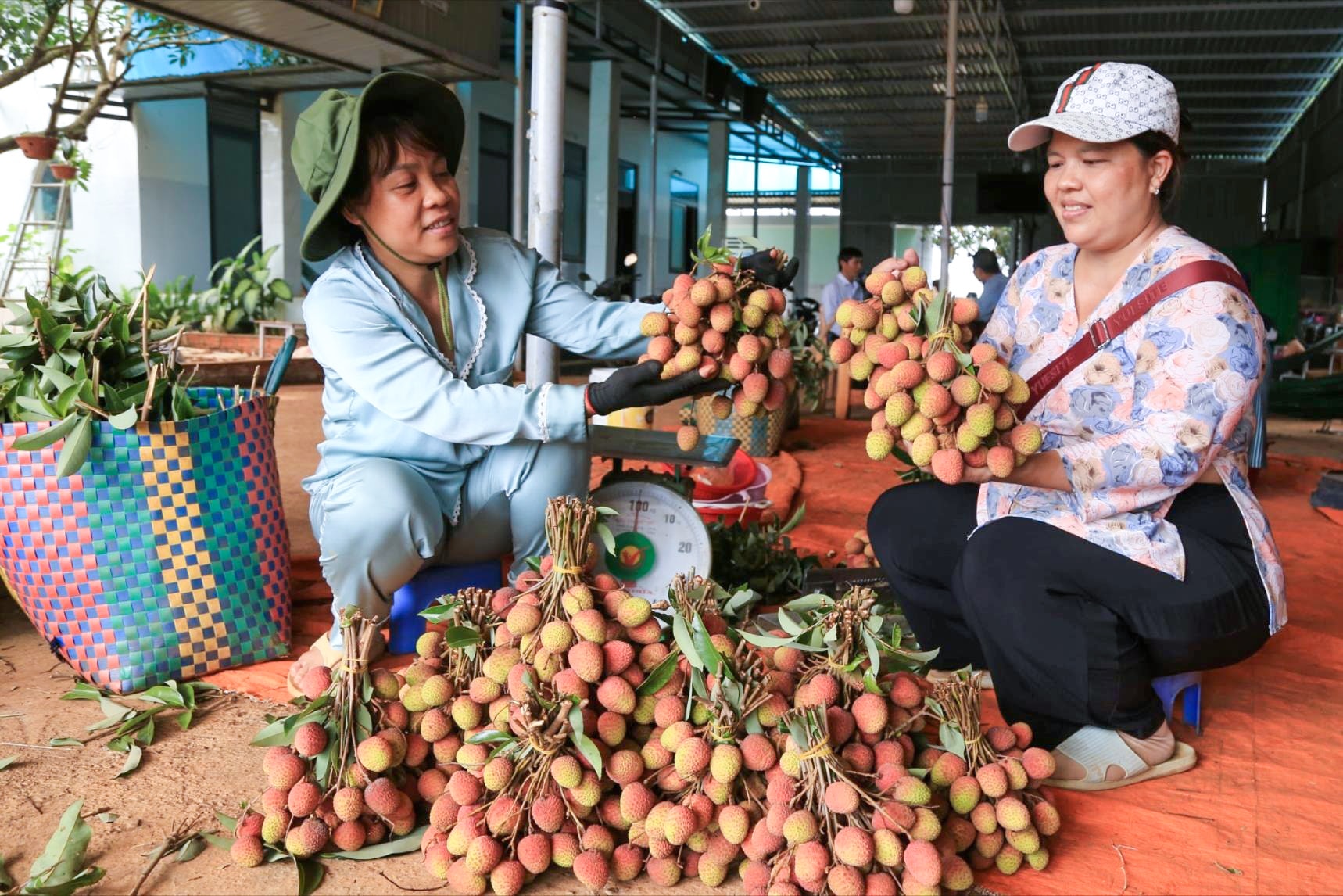
In recent years, local farmers have made efforts to bring lychee varieties to the red basalt soil, initially creating significant yields and opening up opportunities to access export markets. In 2005, Mr. Nguyen Van Nuoi, in Pang Sim hamlet, was the first person to boldly experiment with growing lychee on Truong Xuan land. He brought 180 hybrid lychee trees to plant and it took nearly 10 years for the trees to produce commercial fruit.
Currently, Mr. Nuoi has expanded the area to 2 hectares with 400 trees, of which 320 trees are being harvested. In recent years, Mr. Nuoi's lychee garden has achieved over 30 tons of fruit each year. "Lychee grows well on basalt soil, with a fruit yield of over 15 tons/ha. However, growing lychee requires attention to preventing fruit-end worms. In recent years, I have sold retail at the garden for about 30,000 VND/kg, and wholesale to wholesale market traders for about 20,000-25,000 VND. After deducting expenses, the profit is over 150 million VND/ha/year. If there is a good output, lychee is still a valuable crop," Mr. Nuoi shared.
To overcome the situation of small-scale and fragmented production, for more than a year now, the farmers' association has established a lychee growing professional farmers' association with 25 members, covering a total area of over 30 hectares. The association is not only a place to connect and share techniques but also aims to build a brand and find a stable outlet for lychee products.
Mr. Phan Anh Tha - a member of the association currently owns the largest lychee area in the commune with 7 hectares, a total of about 2,000 trees and this year harvested over 40 tons of fruit. According to Mr. Tha, the weather this year is favorable. "If the lychee meets export standards, including the Chinese market, the price can go up to 45,000 - 60,000 VND/kg, at that time, the farmers' profits will increase", Mr. Tha shared.
Similarly, Mr. Bui Viet Nga currently owns 1.8 hectares with 600 lychee trees. Having grown lychee for 6 years, he has found that if he knows the techniques, cultivation is not too difficult. However, the biggest problem is still the lack of market connection channels. “My family still has to find its own outlet. If there is a stable outlet, especially for export, lychee trees will have a sustainable position,” said Mr. Nga.
Based on the economic efficiency of lychee, the Farmers' Association of Truong Xuan Commune is considering technical solutions for production and harvesting for export. Mr. Nguyen Van Anh - Chairman of the Farmers' Association of Truong Xuan Commune said that currently, lychee production in the locality is still spontaneous, with no uniformity in design and quality. This makes it difficult to meet technical standards for export. "The Farmers' Association of the commune will continue to support the association and its members to learn effective production models in other localities, moving towards organizing production according to the value chain, thereby bringing Truong Xuan lychee products to the international market," Mr. Anh emphasized.
Mr. Anh also said that building the Truong Xuan litchi brand is an inevitable direction in the current context of deep integration. To do that, close coordination is needed between the government, farmer organizations, businesses and litchi growers. The focus is on standardizing production processes, improving quality, expanding links, building sustainable value chains and reaching out to export markets.
Source: https://baolamdong.vn/nong-dan-xa-truong-xuan-huong-den-xuat-khau-vai-thieu-388017.html



![[Photo] Cat Ba - Green island paradise](/_next/image?url=https%3A%2F%2Fvphoto.vietnam.vn%2Fthumb%2F1200x675%2Fvietnam%2Fresource%2FIMAGE%2F2025%2F12%2F04%2F1764821844074_ndo_br_1-dcbthienduongxanh638-jpg.webp&w=3840&q=75)




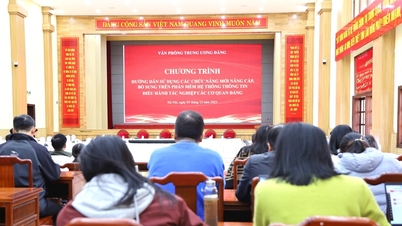
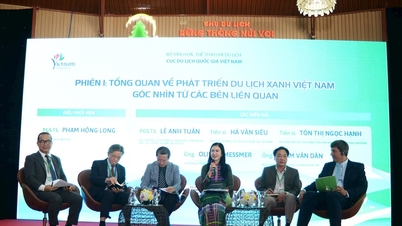
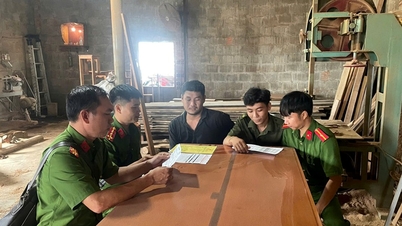


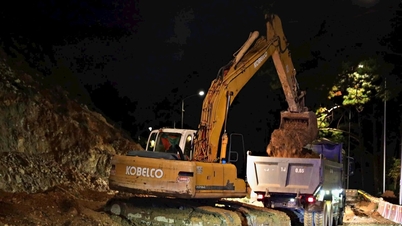



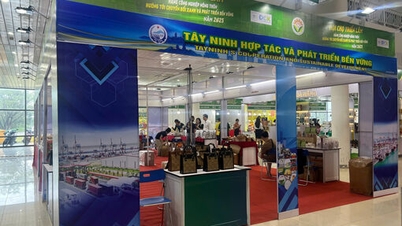
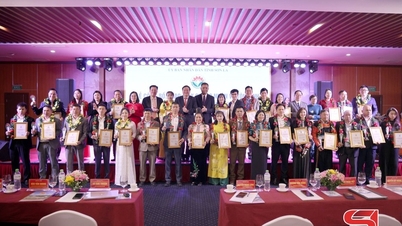

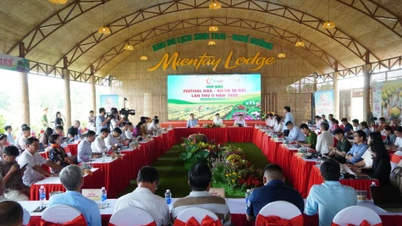

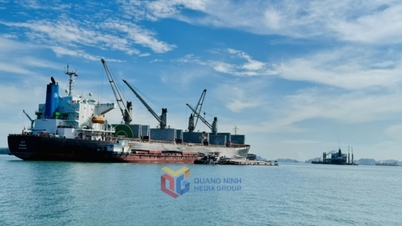

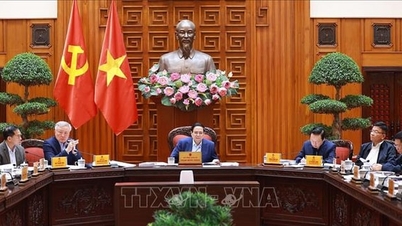




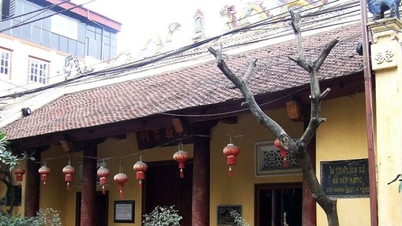
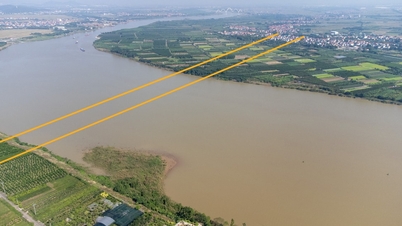
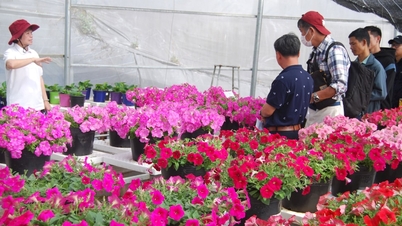


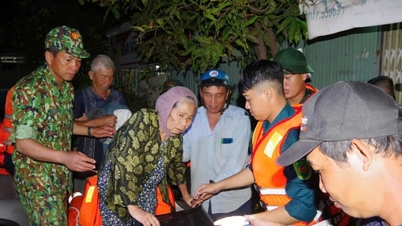












































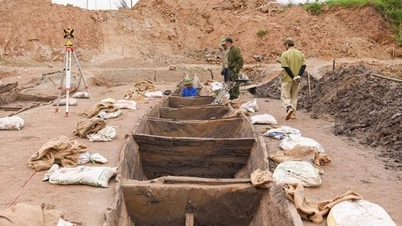





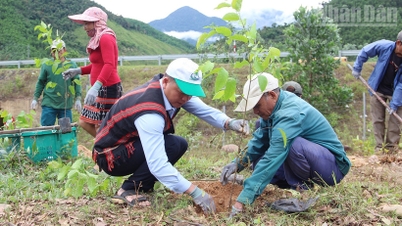


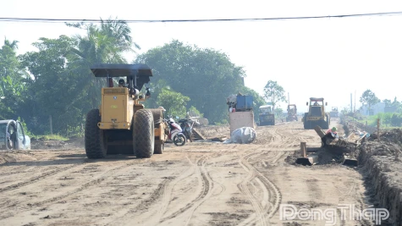
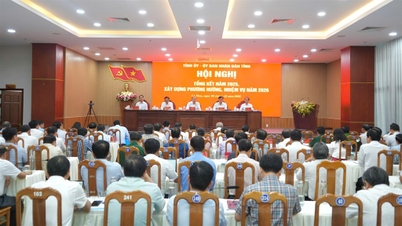



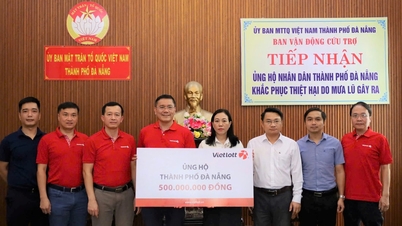










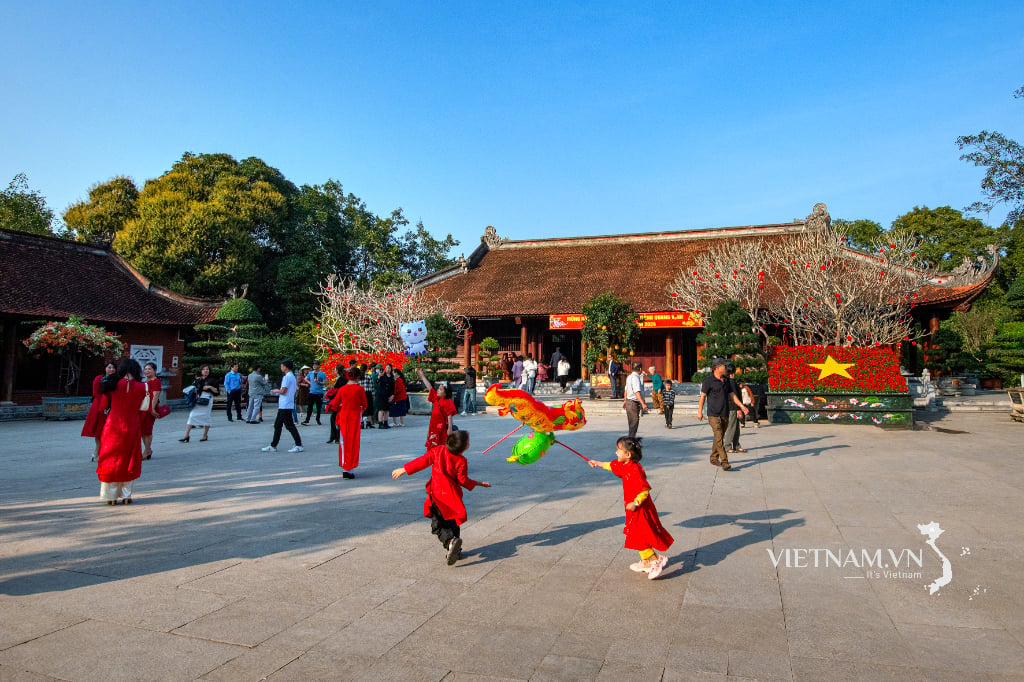

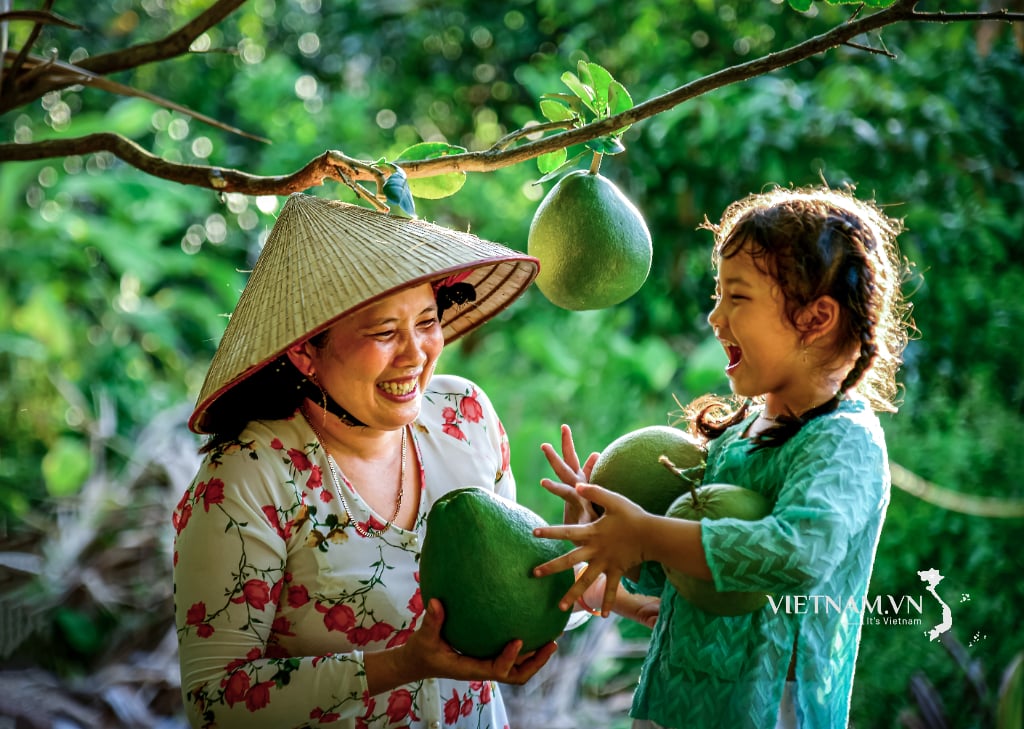




Comment (0)